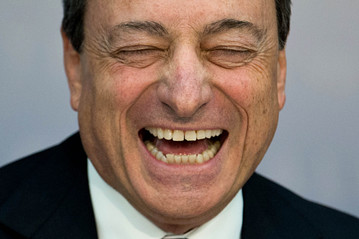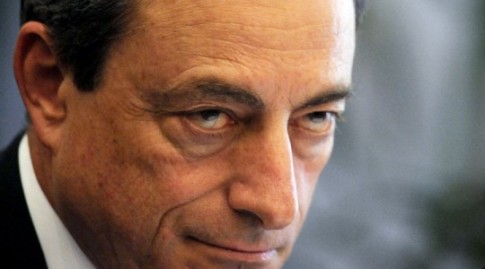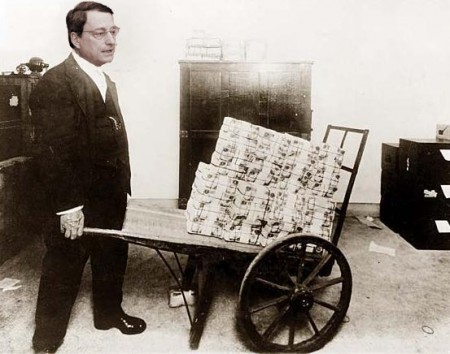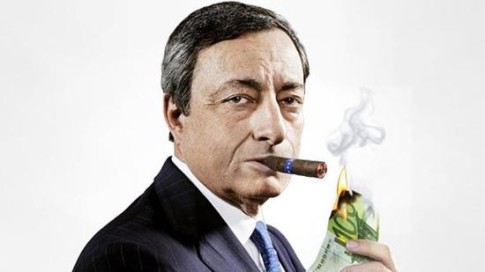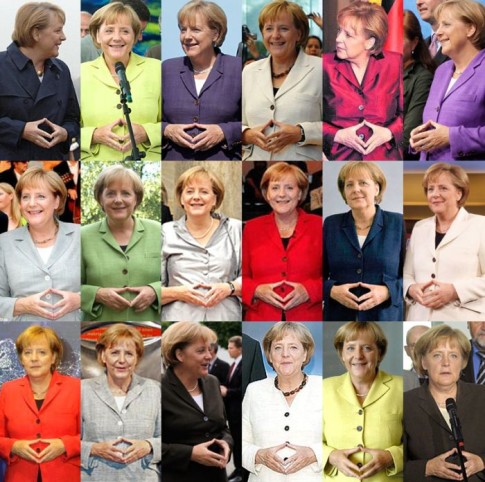– Bank Run Feared After ECB Unexpectedly Pulls Plug On Latvia Largest Private Bank:
Last week we reported that as part of a rapidly deteriorating banking crisis in Latvia, which culminated with the detention of central bank head Ilmars Rimsevics on suspicion of accepting a bribe of more than €100,000 (which prompted both the prime minister and president to demand his resignation, something he has so far refused to do), the European Central Bank froze all payments by Latvia’s largest private bank, ABLV, following U.S. accusations the bank laundered billions in illicit funds, including for companies connected to North Korea’s banned ballistic-missile program.
Then overnight the Latvian banking crisis escalated when in a statement released early Saturday, the ECB said ABLV Bank’s liquidity had deteriorated significantly, making it unlikely to pay its debts and declaring it “failing or likely to fail.” As a result, Latvia’s third largest bank will be wound up under local laws after the European Central Bank
Following the ECB’s decision, which also included the bank’s subsidiary in Luxembourg, the WSJ reported that Europe’s banking resolution authority decided the banks didn’t represent a systemic risk for their countries or the region and should be wound up by local authorities rather than be “bailed in” under EU rules.
And so, on Saturday ABLV said it would be liquidated. In four days, the bank claimed, it had raised enough capital to meet all its depositors’ demands and keep functioning, however “Due to political considerations the bank was not given a chance to do it,” it said in a statement.
Read moreBank Run Feared After ECB Unexpectedly Pulls Plug On Latvia Largest Private Bank

